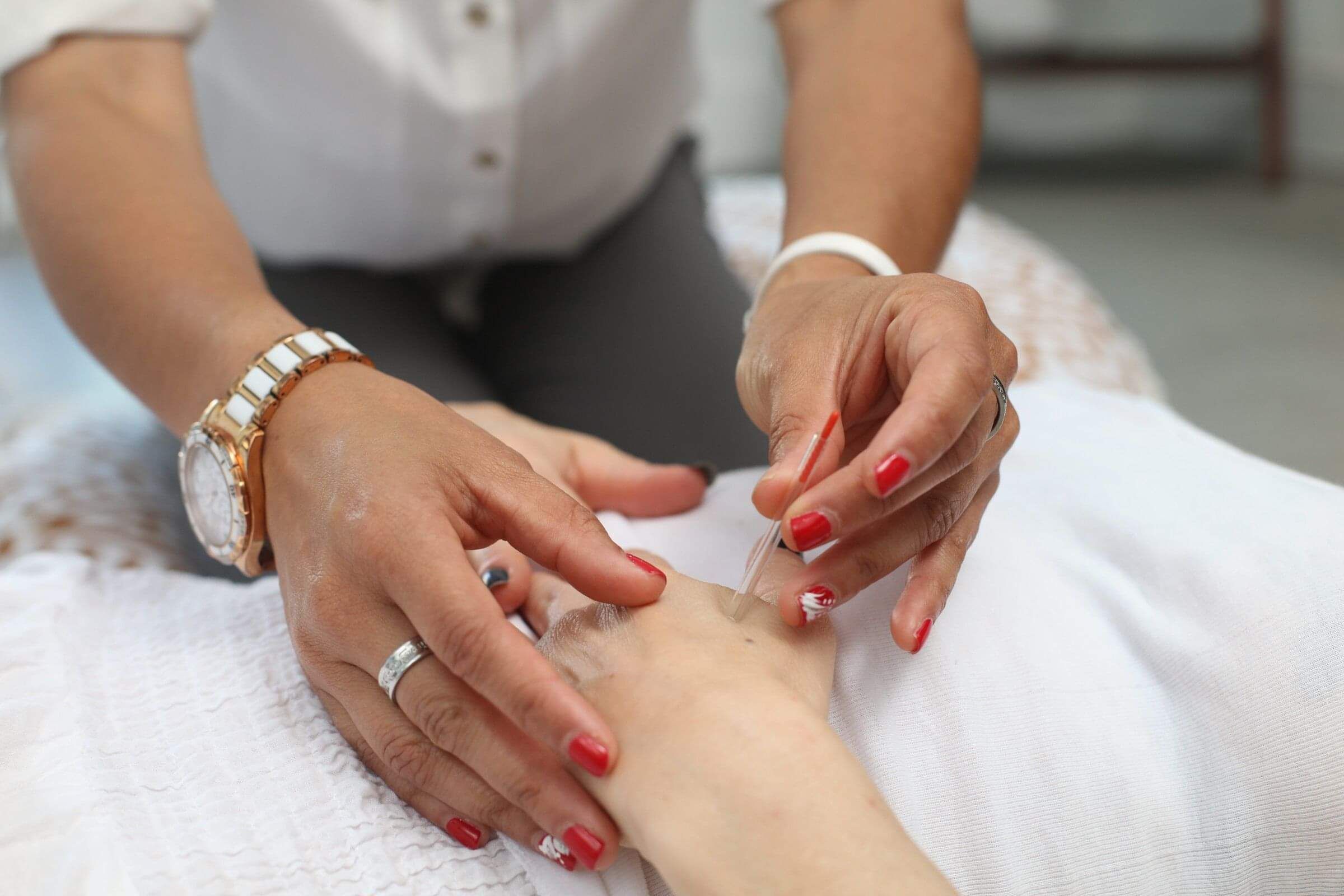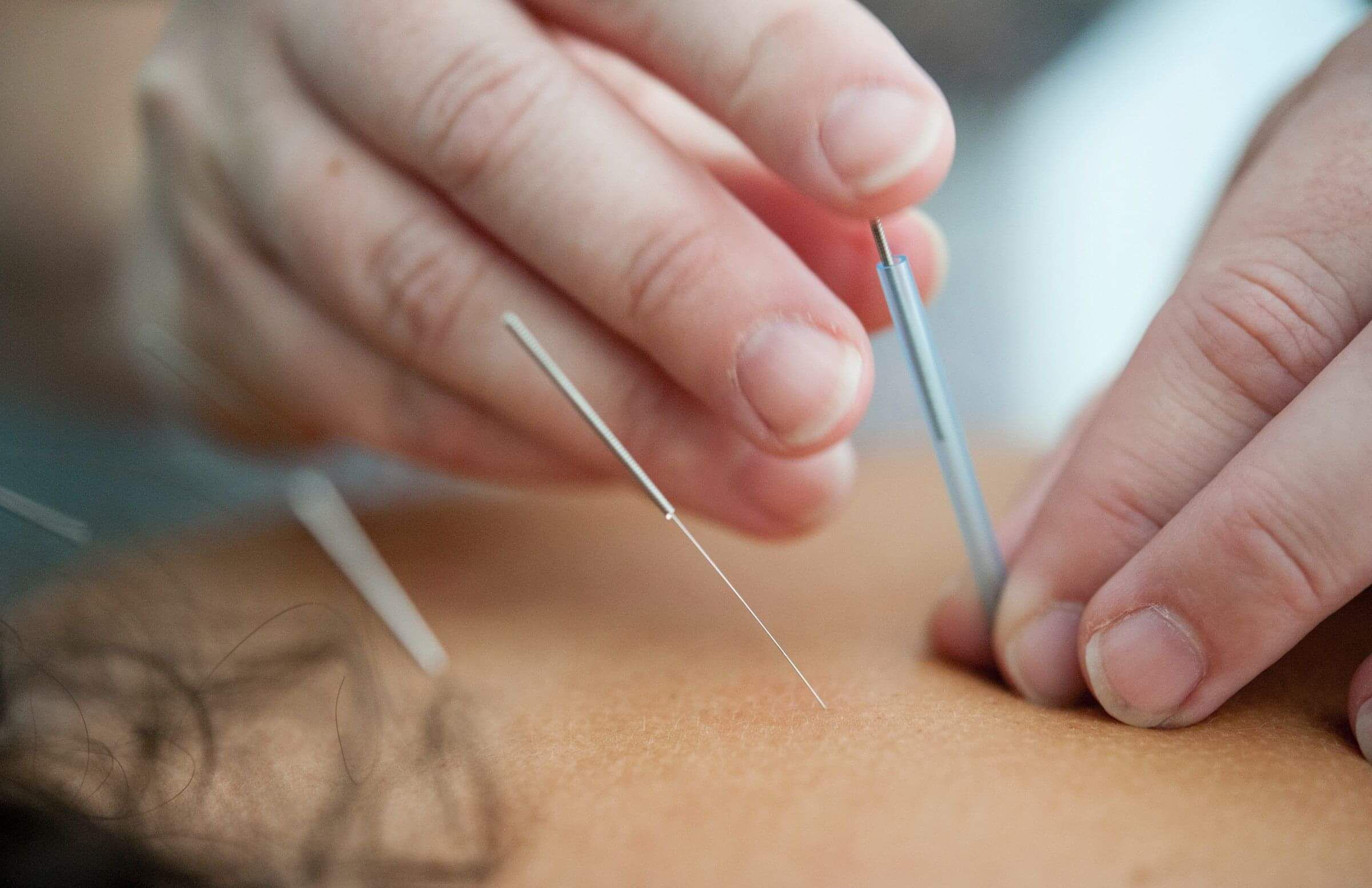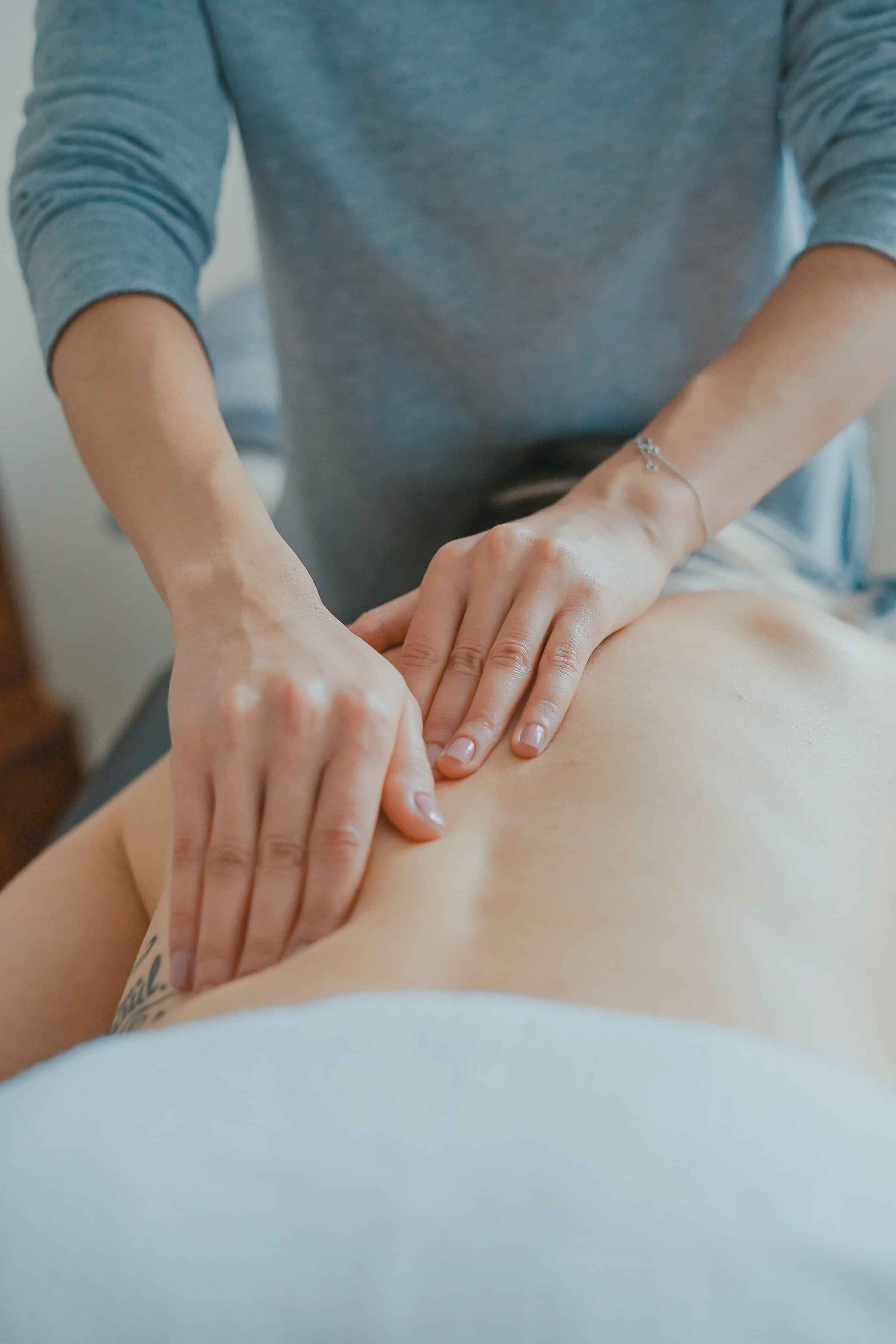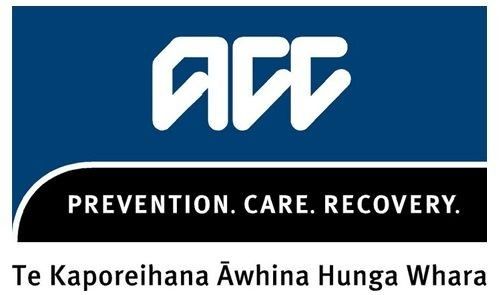Acupuncture Care
What is Acupuncture
Acupuncture is an ancient Chinese form of medicine which has been used in China for the last 3000 years. Its effectiveness is now accepted in various countries including New Zealand, especially as more people in our society dislike taking medical drugs.
Acupuncture aims to treat the person, along with the disease. This means that the acupuncturist looks at the patient as a whole, finds the cause of the illness and the imbalance in the body causing it. With this unique system of diagnosis, an acupuncturist will ask not only details of the immediate problem, but also take a case history of past illnesses, familial tendencies, and aim to determine a complete picture of the patients' health. In this way acupuncture has always been used as a preventative medicine and can bring positive benefits to almost any illness.

Find detailed information about how we can help you below or contact us to discuss your specific situation.

How it works
Traditional Chinese Medicine (TCM) describes pathways of energy flowing through the body, carrying nourishment and information to all tissues and organs. Disease occurs when some factor disrupts the normal flow of life force. The role of the acupuncturist is to restore the normal flow of life forces and re-establish health.
Rigorous scientific research has also confirmed that acupuncture promotes the production of natural healing substances to relieve pain, regulate nerve transition, enhance the immune system, regulate hormones and blood flow, release natural anti-inflammatories, relax muscle spasm and elevate mood.
Conditions treated with acupuncture and Traditional Chinese Medicine
This list is examples of conditions treated based on recommendations from the World Health Organisation, available specific literature in the field and consistent with what is taught in acupuncture schools.
- Musculoskeletal - low back pain, tennis elbow, knee strain, neck/shoulder pain, sciatica, arthritis, joint swelling/pain, thoracic pain, muscle strain, hip pain, carpel tunnel syndrome, wrist strain, sacroiliac pain, sports injuries.
- Respiratory - sinusitis, hayfever, common cold, bronchitis, asthma, cough, painful respiratory, nose bleed.
- Gastrointestinal - constipation, irritable bowel syndrome, colitis, diarrhoea, nausea, abdominal pain, gastritis, haemorroids.
- Cardiovascular - angina, palpatations, high and low blood pressure.
- Womens' health - painful periods, premenstrual syndrome, excessive menstrual bleeding, irregular menstruation, fertility disorders, menopausal syndrome.
- Pregnancy - morning sickness, foetal malposition, insufficient lactation, pregnancy tune up, assistance with delivery.
- Neurological - headaches, migraines, trigeminal neuralgia, shingles, meniere's disease, tinnitus, ear pain, bells palsy, hemiplegia, post-stroke syndrome.
- Metabolic disorders - low energy, insomnia, chronic fatigue syndrome, adrenal insufficiency, hormonal irregularities.
- Psychological disorders - post-traumatic stress, anxiety, smoking/drug addiction, depression, erectile dysfunction.
- Miscellaneous - sports performance/enhancement, skin disorders, prostate problems, cystitis.

Treatment
Treatment by acupuncture consists of the insertion of fine needles into a few carefully selected points on the body. The number of needles used varies from two or three to ten or more, and they are left in place for an average of ten minutes. The total number of treatments needed depends on the patient and the condition being treated.
A typical treatment may include moxibustion (warming of the acupuncture needles), acupressure, Chinese herbal medicine and dietary advice and/or Chinese remedial exercise.
There is no age limit for treatment. It is important to advise the practitioner if you are pregnant, but being pregnancy does not preclude acupuncture or its benefits. Babies and children may be treated with acupressure in lieu of the use of needles.
Needle sterilisation practiced by registered acupuncturists complies with standards set by the New Zealand Department of Health.
Will it hurt?
Most new patients are amazed at how painless acupuncture can be. However, when the correct stimulus of the needle has been obtained the patient may feel some heaviness, distention, tingling or electric sensation either around the needle of traveling up or down the affected energy pathway or meridian.
What should one do after treatment?
Acupuncture changes the state of energy of the body and affects the nerve and blood vessels as well as the tone within the muscles. For this reason it is best to avoid heavy physical labour following a treatment. Avoidance of alcohol is also recommended.
Otherwise, no special precautions are necessary. Occasionally patients may notice a brief worsening of the symptoms of the condition prior to improvement. More commonly there is relief from the first or second treatment and this is consolidated with progressive treatments.

ACC Claims
When requested we accurately report to ACC the full extent of treatment you will require, to ensure you remain covered by ACC.
We can process any ACC paperwork here, if you've hurt yourself in an accident, come and see us right-away.
Evidence based treatment
We provide proven methods of injury rehabilitation, with recovery reporting and long term management advice for full recovery.
Referrals
You do not need a referral from your medical practitioner, call us directly and organise a consultation.
Referrals to other health professionals can provided if necessary.